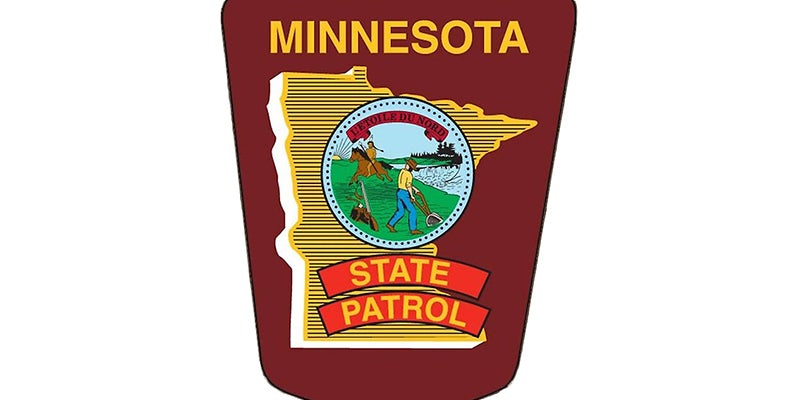Poppe introduces bonding legislation
Published 7:01 am Sunday, February 19, 2017
Passage of a bonding bill is always a critically important issue in Minnesota. It results in needed improvements and additions to our state’s infrastructure across a wide spectrum, and the projects put Minnesotans to work in a variety of fields.
It has been well-documented that the Legislature did not pass a bonding bill last session, with even-numbered years typically being ‘the bonding year’ of the two-year biennium. However, the model of addressing bonding every two years is no longer in the best interests of our state since failure to pass a bill puts more pressure on the process in the following year; a situation in which we currently find ourselves.
There must be bipartisan agreement that our state’s infrastructure should be approached in a more consistent, efficient manner.
Delays in funding for bonding projects have a very predictable result. Without a bonding bill, projects are often split into phases over time or projects cannot wait and get done at local taxpayer expense without the benefit of state bonding. The application of good governance and common sense will serve us well; bipartisan cooperation is vital.
Last year, I introduced multiple bonding bills that would have provided funding for area projects. They included site improvements at Ramsey Mill Pond, restoration for Austin’s waterways, and funding for the Cedar River Watershed District. Because no bonding bill was passed last session, I have authored those bills again this year. Needs and opportunities arose over the last 12 months, which means newer bonding requests will be added to an already lengthy list.
I recently introduced a bill to provide a $6.5 million grant for the creation of a federally qualified health care center. The city of Austin would serve as the fiscal agent through which the grant would pass. The funds would be matched by non-state sources as required in the bill. A future clinic in Austin will function as a satellite of the Mankato-based Open Door Health Center; the center currently operates a mobile clinic that visits Austin twice a month to provide dental care.
Federally qualified health centers are eligible for additional state and federal funds to aid in serving low-income patients.
The most recent designs for the facility include 18 dental chairs and could also provide medical and behavioral services to clients. Current projections show that more than 10,000 patients could be treated per year and it would employ between 50 and 100 people.
Gov. Mark Dayton has said he would like to see $1.5 billion in bonding projects approved during this session. There will be a lot of competition for those dollars and a lot of worthy destinations for them as well, but I hope we can secure funding for what would be impactful additions to our community.
You can reach me by phone at 651-296-4193, by mail at 291 State Office Building, 100 Martin Luther King Blvd., St. Paul, MN 55155, or via emailrep.jeanne.poppe@house.mn.




